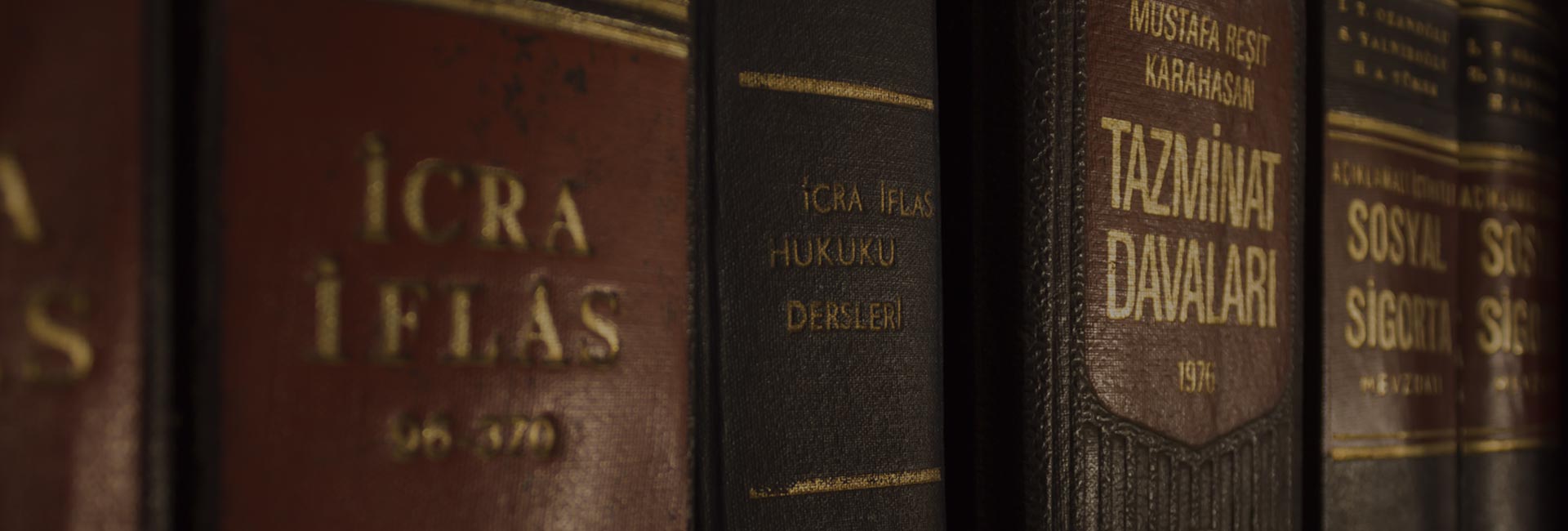Current Location : Home > Publications
Publications
Publications
Trademark Use + Unauthorized Use → Infringement
DATE:2019-12-16 FROM:LexField
- Trademark use by unauthorized dealers when reselling genuine products, if exceeding certain limits, will constitute trademark infringement or unfair competition.
- The legal reasons have been inconsistent when the courts decide that the resellers shall bear the legal responsibility but usually fall within 3 camps: trademark infringement, service mark infringement, or unfair competition.
- Trademark owners should cast a wider net in fashioning their pleadings and include all possible grounds.
1. The boundary between trademark infringement and fair use
Facing trademark infringement claims, unauthorized dealers usually claim that their behaviors constitute “Nominative Fair Use”, meaning they are using someone else’s trademark to refer to the mark owner’s goods or services. “Nominative Fair Use” is a valid defense well accepted by Chinese courts, although it is not stipulated in the Chinese Trademark Law. In ASUS v. New World, where the defendant, an unauthorized retailing store, uses his store name on the signboard and the plaintiff's trademark on the counters while selling computers produced by the plaintiff, the Chengdu Intermediate People's Court held that the defendant's use of the trademark was intended to indicate to the consumer the brand of the computer and does not constitute infringement.
However, local courts generally hold that “Nominative Fair Use” should not exceed a certain limit and cannot mislead people into thinking that the user’s operations are commercially linked to the trademark registrants.
Chinese judicial precedents have set the following manners of use do not constitute "Nominative Fair Use" and lead to the liability of infringement (or unfair competition):
a. Using the trademark solely on the signboard
In the case of Lenovo v. Yunfan, the defendant sold computers produced by the plaintiff and used the plaintiff’s trademark on its signboard and in the store decoration. The Higher People's Court of Anhui Province held that the defendant's behavior exceeded the need for an indicative and narrative description of the source of the goods and infringed the plaintiff's trademark right.
b. Using the A brand trademark on the signboard, and selling both A brand and B brand goods
In the Michelin v. Baojun, the defendant used the Michelin trademark on the signboard but sold both Michelin tires and other brand tires in the store. The Guangdong Higher People's Court held that the defendant's behavior caused confusion among the relevant public about the source of other goods sold in the store, which constituted trademark infringement.
c. Using trademarks on business cards
In the case of YKK v. Xirang, the defendant distributed zippers produced by the plaintiff, and the defendant printed the trademark of the plaintiff on the business card of its employees. The Higher People's Court of Zhejiang Province held that the defendant's behavior caused the relevant public to believe that it had the status of an official sales agent and not just a reseller. This behavior undermined the distribution structure of YKK Co., Ltd., which constituted unfair competition.
2. Different reasonings adopted by different courts
When finding the infringement established, the legal reasoning adopted by local courts is not unified. There are three types of judgments: trademark infringement, service trademark infringement, and unfair competition.
a. Goods trademark infringement
Most Chinese courts hold the defendant infringed the registered trademark on the plaintiff's genuine goods. In the above Lenovo case, the court held that the defendant infringed the plaintiff's trademark registered for the computer goods in Class 9.
b. Service trademark infringement
The courts in Shanghai hold that the defendants do not infringe the plaintiff's trademark registered for goods but infringe the trademark rights for its Class 35 services.
In Victoria's Secret v. Maisi, the plaintiff registered the "VICTORIA'S SECRET" trademark both for the Class 25 goods (underwear) and Class 35 services (organized fashion exhibitions, sales promotion). The defendant used the VICTORIA’S SECRET trademark extensively on its store signboard and store decoration. The Shanghai Higher People's Court held that the plaintiff should tolerate defendant’s use of the trademark if the defendant used the trademark in the activities of selling the goods. However, the defendant's action has the function of indicating and identifying the source of the service which constitutes infringement of the service trademark right of "VICTORIA'S SECRET".
c. Unfair competition
In the case of YKK v. Xirang, the defendant resold zipper products produced by YKK and used the plaintiff's trademark on the business cards of the defendant's salesperson and declared that he was a designated seller. The Zhejiang Higher People's Court held that because the defendant did not sell zippers of other brands, its action did not constitute trademark infringement. However, the defendant's action made the relevant public to believe that it has the status of an official sales agent, which constituted unfair competition.
3. Conclusion
Based on the above, from the perspective of trademark enforcement, trademark owners should take a consolidated approach and include all three claims in one action against unauthorized dealers.
[1] Dr. Jiang Liwei is a Senior Partner of Lexfield. Dr. Jiang Liwei has worked in Beijing legal system for 12 years with 10 years of experience in intellectual property trials. He handled more than 1,600 civil and administrative IP cases.
[2] Mr. Guan Erjia is an attorney-at-law in China with experience in handling over 40 IP litigations with Lexfield.
- PREVIOUS: CNIPA's Draft Rules May M...
- NEXT: China Deleted Restriction...
- RETURN




